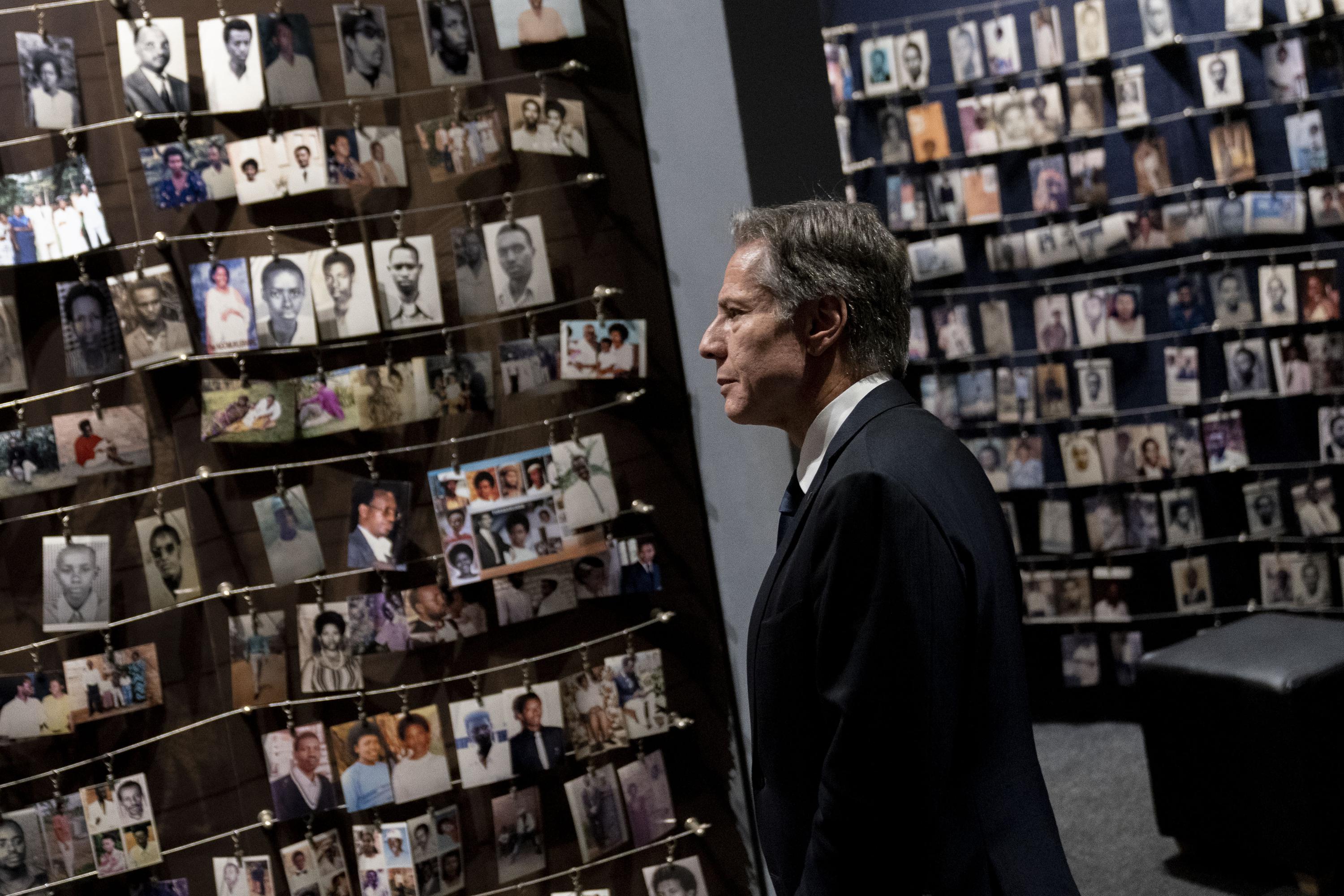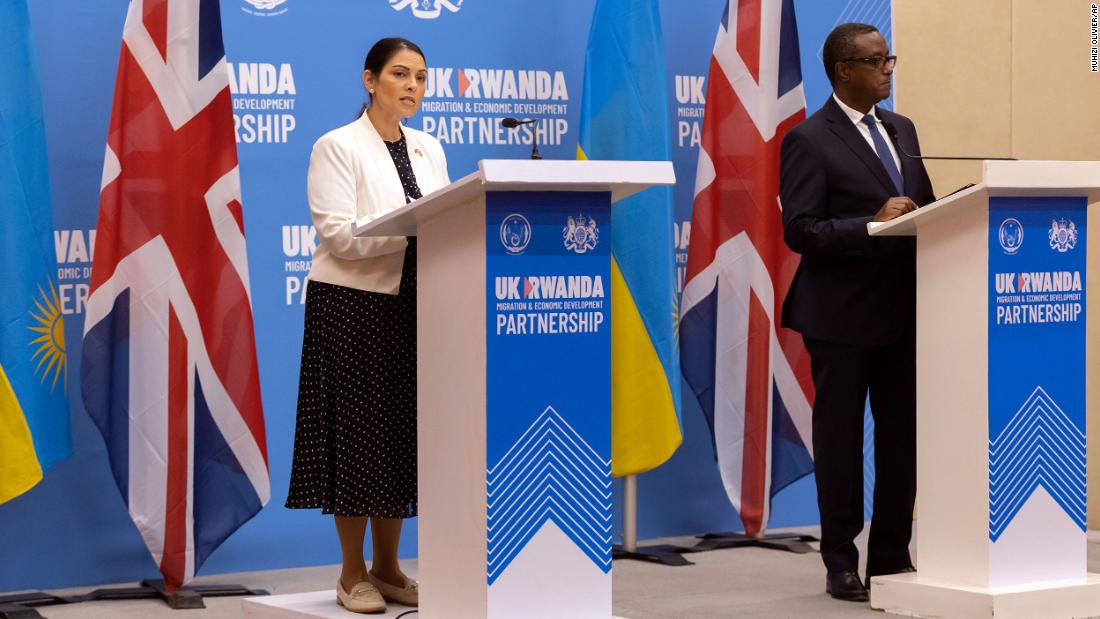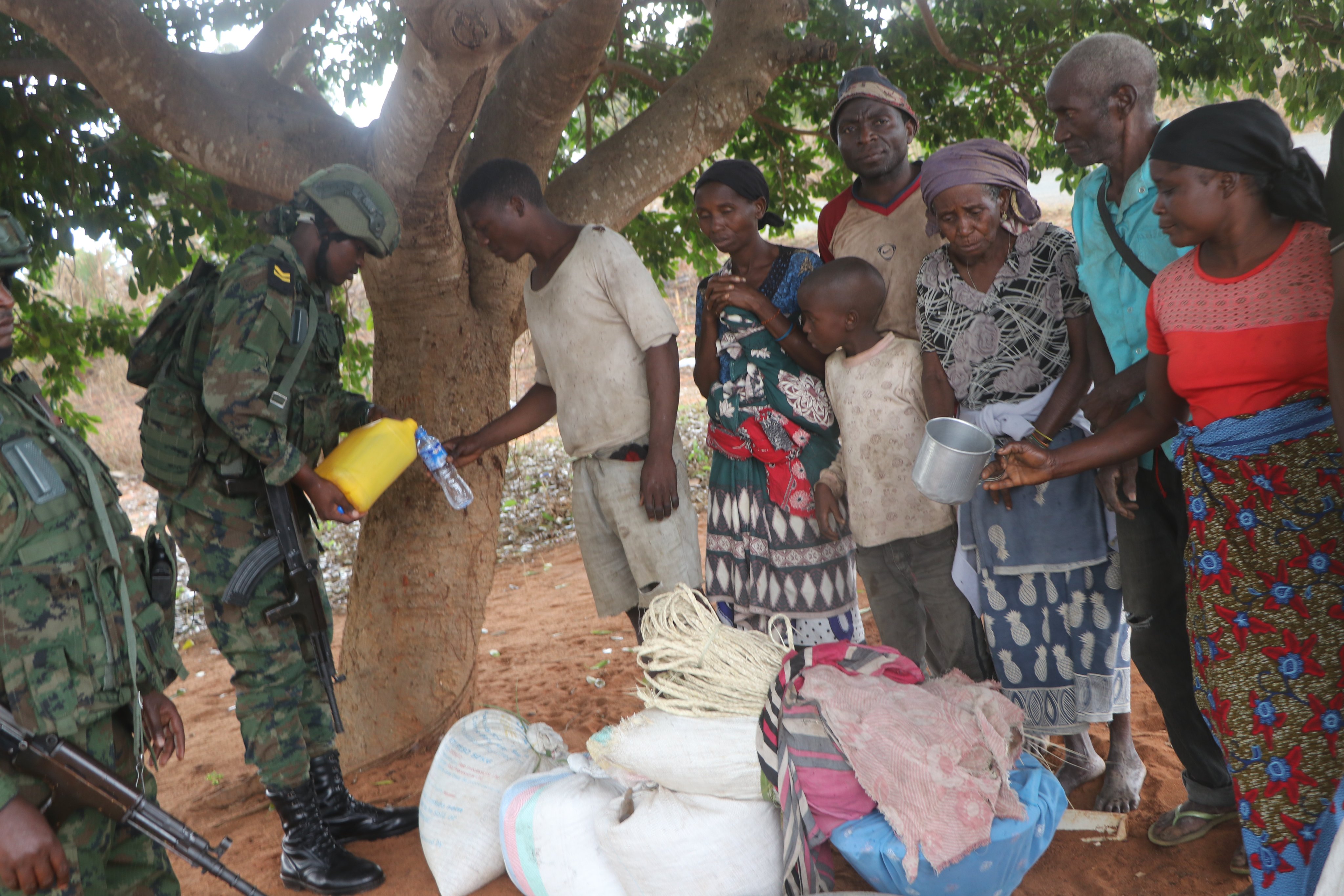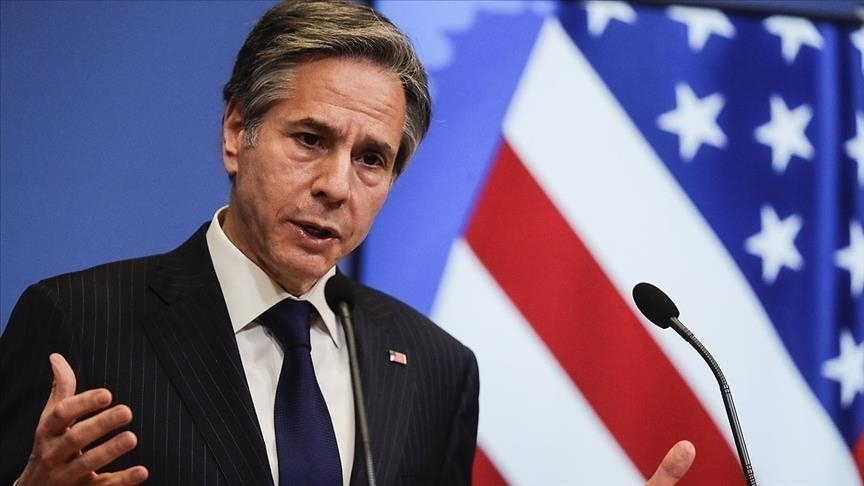International
Has UK left USA in sphere of Genocide denial?

On
January 26, 2018, the UN unanimously adopted a decision on
the International Day of Reflection on the 1994 Genocide against the Tutsi in
Rwanda.
The
decision corrected inaccuracies that existed in a previous resolution which
omitted to name the Tutsi as the group targeted for extermination.
Afterwards,
the UK and US expressed reservations in letters to the president of the General
Assembly.
The
phrase “genocide against the Tutsi”, US Ambassador Kelly Craft complained,
failed to capture “the magnitude” of the violence against “other groups” and
left “an incomplete picture of this dark part of history.”
In
July 2022, Omar Daair, British High Commissioner
to Rwanda, paid a courtesy call to the Minister of National Unity and Civic
Engagement, Dr Jean Damascene Bizimana, where he expressed the decision of the
UK authorities to adopt the terminology “1994 Genocide against the Tutsi in
Rwanda” as accurately adopted by the UN.
But
during his August 10-11 visit to Rwanda, US Secretary of State Antony Blinken,
avoided saying “1994 Genocide against the Tutsi.”
The
message left by Blinken at the Kigali Genocide Memorial was welcomed by
genocide deniers. The latter were happy because they especially felt emboldened
by the US government’s envoy. For them, the message was loud and clear.
According
to Washington, during the 1994 Genocide, many Hutu killed too, including those
murdered for their opposition to the atrocities that were being committed. The
US government, just like the perpetrators of the genocide against the Tutsi,
claims that a second genocide against the Hutu happened and that there was an
international cover-up. This represents one of the oldest claims in the Hutu
Power disinformation handbook.
To
this day, the Hutu Power movement still peddles lies that each “side” was as
murderous as the other and that the Rwandan Patriotic Front (RPF) slaughtered
“hundreds of thousands of Hutu.”
Since
2018, Rwandans expressed anger on various social media platforms towards the UK
and the US for standing with genocide deniers.
On April 7, 2021, during the commemoration of the 1994 Genocide against the Tutsi, Dr Vincent Biruta, Rwandan Minister of Foreign Affairs, tweeted:
“I
would like to thank all our partners and friends who have and are continuing to
convey to us messages of solidarity as we commemorate the 1994 Genocide against
the Tutsi for the 27th time. And to those who are struggling to properly name
the Genocide against the Tutsi, it is better not to send us any message today.
We will be okay, as we always have been.”
In
the last 28 years, denial and revisionism continued to rise; fueled by genocide
fugitives and their relatives, academics and journalists who support them, and
others.
The
day of reflection on the Genocide against the Tutsi by UN member states is an
opportunity for the international community to consider factors that led to the
Genocide. It is an occasion for renewing the collective pledge of “never
again”. It also serves as an educative opportunity for future generations to
equip them in fighting all forms of hate and Genocide ideology.
It
is highly regrettable that despite numerous resolutions condemning Genocide
denial, as adopted by the UN General Assembly, genocide denial and revisionism
remains widespread around the world.



.jpg-20220822074719000000.jpg)

